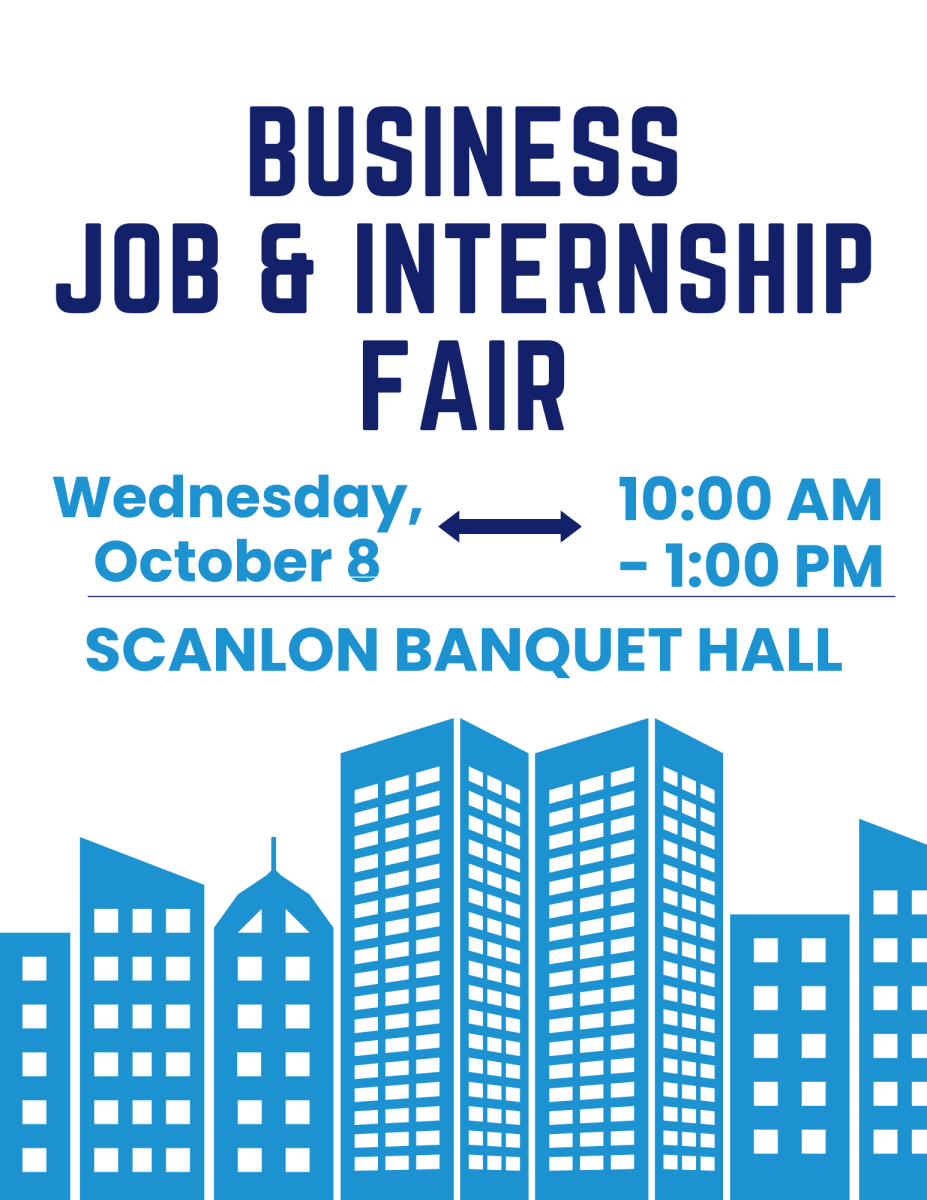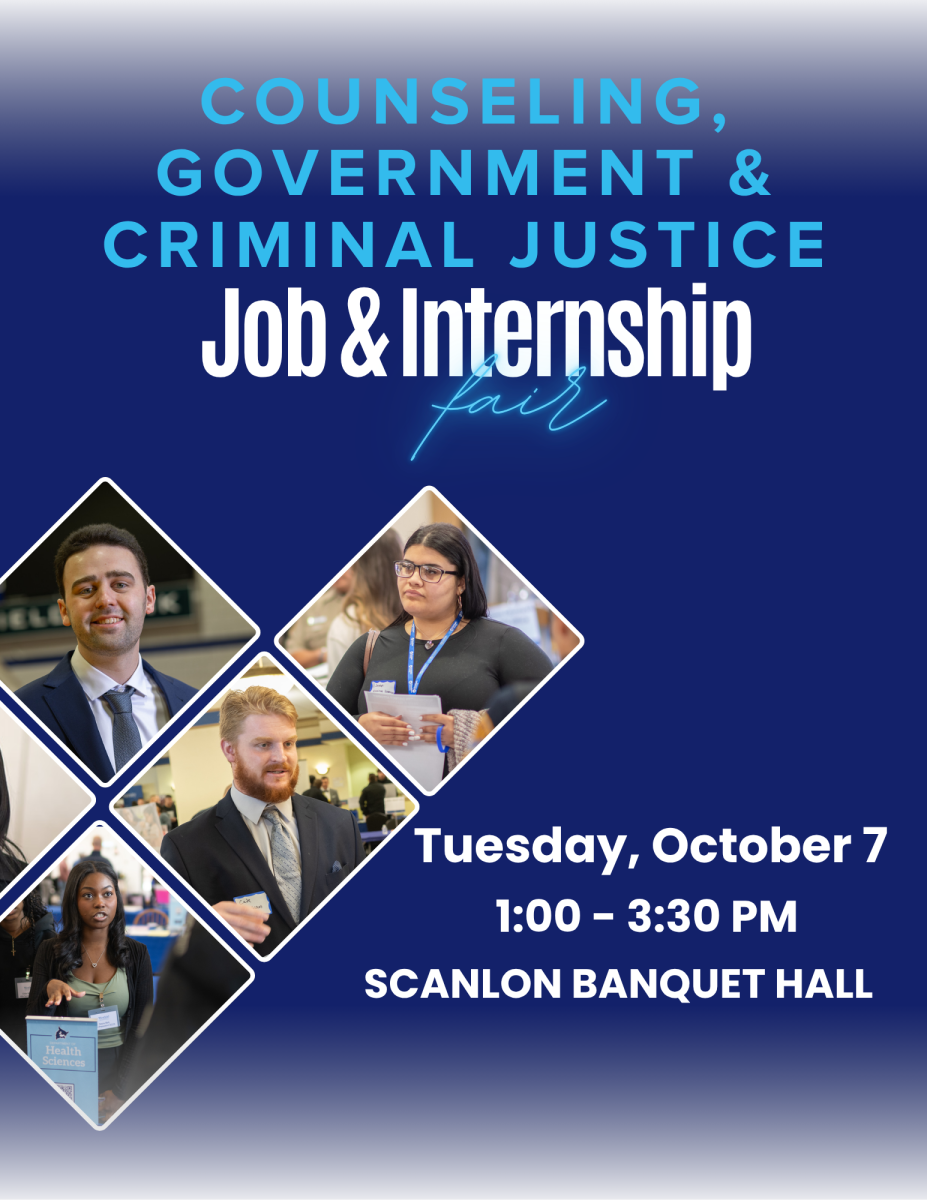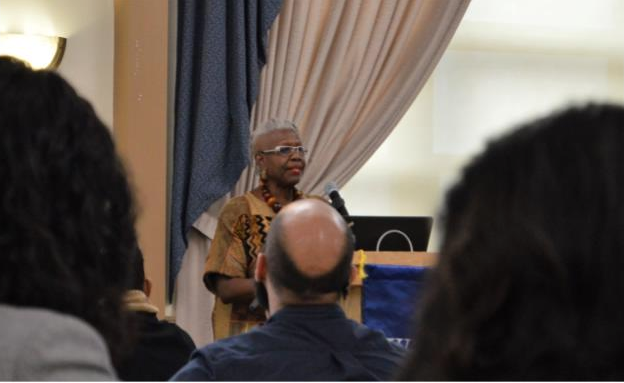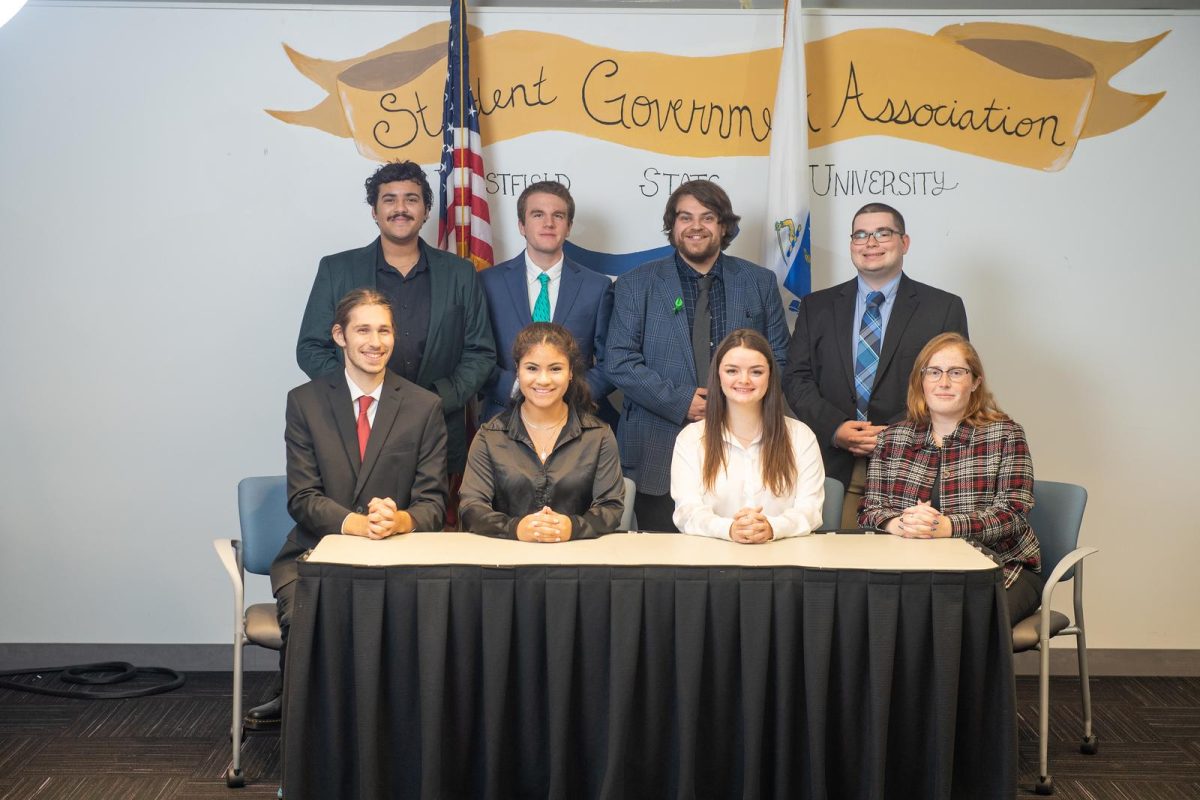Westfield State University celebrated its fifth annual Cross Cultural Symposium on Friday, March 22 in Scanlon Banquet Hall. The symposium ran from morning to afternoon and featured a wide variety of speakers, including Westfield State students and professors alongside guest speakers and writers.
This year’s theme focused on the idea of borders in a particularly tumultuous time in American politics. “Borders are beyond a physical thing, they’re now part of our culture,” said Kristin Brouillette, an English major who has been participating in the symposium for two years.
The theme of borders remained consistent throughout the varying presentations and ranged from regions all over the world. For many of the speakers, the immigrant experience was a critical part of their presentation.
Topics ranged from the definition of citizenship to the role of culture within the literature and music of a nation, even to an extended metaphor about Dominican identity involving DNA extraction from a banana.
Within all of these discussions, the presences of borders worked its way like a web that wove each narrative to each other. “These borderlines are potential lifelines, a rescue from the dangerous waters of simplistic definitions of identity,” said Dr. Carolyn Cooper as she began her presentation.
The notion of borders has become a hot topic in the American public ever since the 2016 election, where President Trump based his campaign around a border wall between Mexico and the United States. And this now-approved wall is being vigorously supported and refuted by millions of Americans.
For Professor Carol Bailey, the idea of borders transcends physicality. “We’re part of a larger community, beyond Westfield, and beyond any buildings,” she said, sharing similar sentiments as Brouillette.
For both of them, they hope that students and faculty can leave the symposium with an open mind. “The concept of ‘others’ is so important because there’s no such thing as ‘other’, which is what we hope people will begin to understand,” said Brouillette.
The Cross Cultural Symposium is largely put on by the English Department, Education Department, and the Department of Ethnic and Gender Studies and would not be be possible without the hard work put in by both students and faculty alike.
























